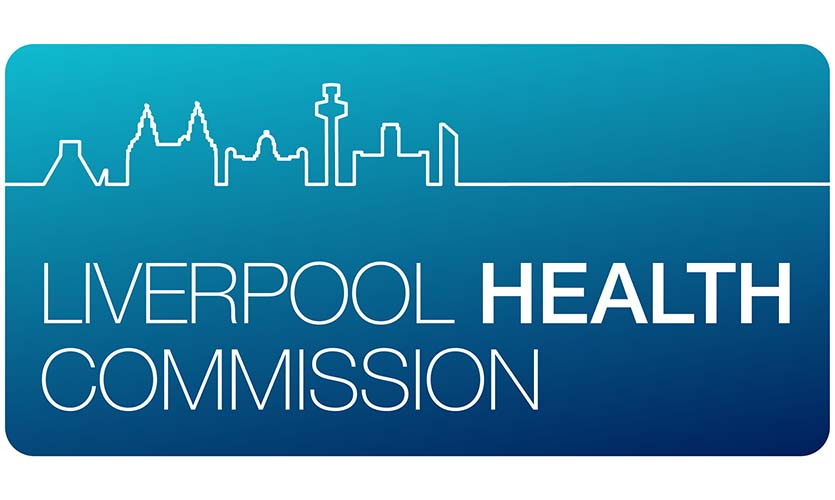New Liverpool Health Commission to focus on first 1,000 days of life

Liverpool Health Commission (LHC), an independent panel established by Liverpool John Moores University, with research expertise and support provided by the university, has been set up to investigate and analyse health care policy issues. It aims to make practical and realistic recommendations to assist policymakers and help improve the lives of people across the Liverpool City Region and beyond.
The commission’s first area of investigation, the first 1,000 days of life - encompassing conception to 24-months-old - has long been recognised as the key period in human development when the foundations for optimum health, growth and neurodevelopment are established. This inquiry will look at a wide range of social-economic groups but with a particular focus on those who are often seen as left behind or marginalised in society.
While the UK’s provision of free antenatal care for pregnant women has seen some of the lowest mortality and morbidity rates in the world, one of the most significant barriers to accessing developmental opportunities, such as antenatal and postnatal care and advice, is poverty and its associated conditions.
As the poverty rate of families with children in the UK continues to climb and with Liverpool itself being ranked as the 4th most deprived local authority area in the UK (Index of Multiple Deprivation 2015), the health commission has chosen this issue of both local and national relevance and significance.
In addition, two initiatives of the United Nations have contributed to the commission’s choice of research area; the UNICEF campaign to focus on infant development during the first 1,000 days of life, and the Sustainable Development Goals of the 2015 UN General Assembly. The first five of these 17 broad strategic goals include the key areas of health, education and gender equality, with the Economist in 2016 urging each UN Member State to ‘localise the goals.’
Professor Valerie Fleming, Academic Lead for LHC, explains: “We can never be complacent about child health. Infant deaths in England and Wales have shown a disturbing rise recently. We will conduct a critical and hard-hitting inquiry into some of the marginalised groups that may have contributed to this rise. Our work will highlight both areas of good practice and those of concern in key areas throughout the UK deriving recommendations of local and national significance for women and children from as early as possible in pregnancy through until the second birthday of their children.”
The marginalised groups initially targeted by the commission will be:
- women living in poverty, who are often neglected in favour of other marginalised groups
- immigrant women, in particular, refugees and asylum seekers in particular exploring their own “normalities” in pregnancy and the early years instead of focusing on making them fit with our own cultural expectations
- women addicted to drugs or alcohol, whose addictions often only come to light during a pregnancy
- pregnant women under 16, who are often targeted as failures of the education system
As evidence emerges, further groups will be targeted as necessary.
LJMU’s Interim Vice-Chancellor and Chief Executive, Mark Power, commented: “We are passionate about health and wellbeing, especially within the Liverpool City Region. By setting up and supporting the Liverpool Health Commission, we are aiming to help highlight, investigate and address issues that matter the most to our communities, partners and neighbours. We are delighted that the commission is made up of such distinguished and experienced members, who are giving their time and expertise to work with us. We look forward to following their progress over the coming month, to reading their report and recommendations and helping them engage with policy-makers and political leaders to help improve the lives of people in Liverpool and beyond.”
Liverpool Health Commission is comprised of 12 knowledgeable, highly experienced, authoritative commissioners who are recognised experts in their field, ranging from human trafficking, migrants’ rights and homelessness to midwifery, gynaecology and orthopaedics. Their experience covers a wide range of organisations including Public Health England, Liverpool Women’s Hospital, Addaction and Refugee Women Connect.


